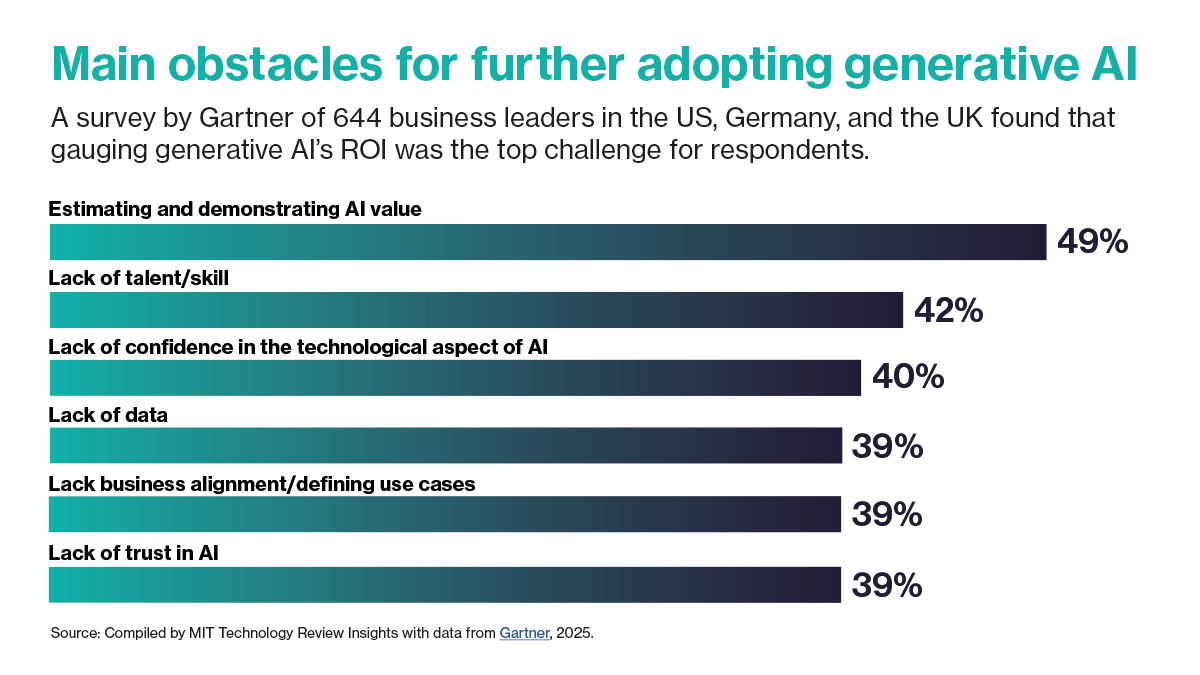In partnership withDataiku
Enterprise adoption of generative AI technologies has undergone explosive growth in the last two years and counting. Powerful solutions underpinned by this new generation of large language models (LLMs) have been used to accelerate research, automate content creation, and replace clunky chatbots with AI assistants and more sophisticated AI agents that closely mimic human interaction.
“In 2023 and the first part of 2024, we saw enterprises experimenting, trying out new use cases to see, ‘What can this new technology do for me?’” explains Arthy Krishnamurthy, senior director for business transformation at Dataiku. But while many organizations were eager to adopt and exploit these exciting new capabilities, some may have underestimated the need to thoroughly scrutinize AI-related risks and recalibrate existing frameworks and forecasts for digital transformation.

“Now, the question is more around how fundamentally can this technology reshape our competitive landscape?” says Krishnamurthy. “We are no longer just talking about technological implementation but about organizational transformation. Expansion is not a linear progression but a strategic recalibration that demands deep systems thinking.”
Key to this strategic recalibration will be a refined approach to ROI, delivery, and governance in the context of generative AI-led digital transformation. “This really has to start in the C-suite and at the board level,” says Kevin Powers, director of Boston College Law School’s Master of Legal Studies program in cybersecurity, risk, and governance. “Focus on AI as something that is core to your business. Have a plan of action.”




















